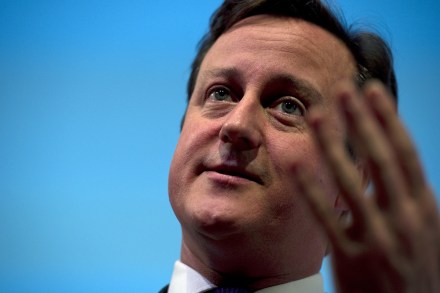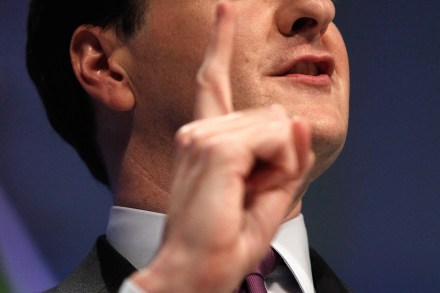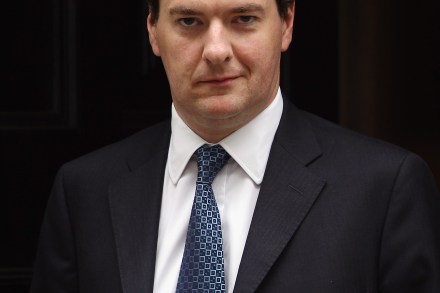Back to square one | 6 December 2011
Benedict Brogan has some bad news from the engine room of public service reform. ‘I’m told Downing Street is starting all over again on public service reform. Will Cavendish, one of the key people guiding policy in No10, has been put in charge and told to assemble a new team of officials that will put together what effectively is a response to the white paper. The last 18 months, according to those close to the debate, were a waste of time. We’ll have to see whether the principles Mr Cameron set out 10 months ago still apply.’ Those principles are that the ‘state will have to justify why should it



















